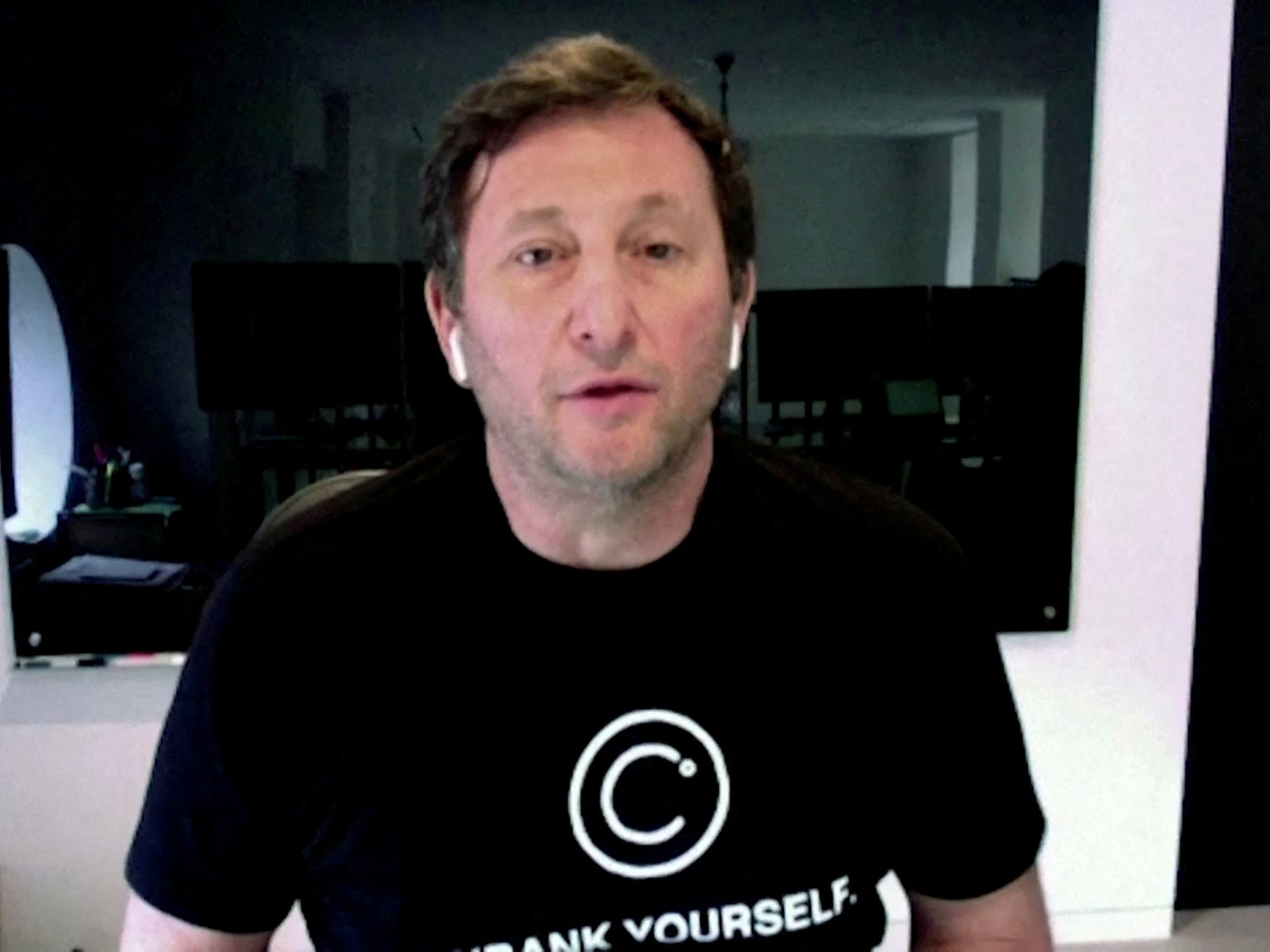Founder of crypto lender Celsius Network says not guilty of fraud | Crypto News
Alex Mashinsky was charged with seven criminal counts – including securities fraud, commodities fraud, and wire fraud.
Alex Mashinsky, founder and former CEO of bankrupt cryptocurrency lender Celsius Network, pleaded not guilty Thursday to fraud charges that he misled customers and artificially inflated the value of his company’s propriety crypto token.
Three United States federal regulatory agencies also sued Mashinsky and Celsius in connection with the case.
Mashinsky, 57, was charged with seven criminal counts – including securities fraud, commodities fraud, and wire fraud – according to an indictment unsealed earlier on Thursday.
He is one of several crypto moguls to be indicted in another blow for the industry, which is undergoing a reckoning after a slump in crypto prices led to the collapse of several companies, including exchange giant FTX. Its founder Sam Bankman-Fried was charged with fraud last year and has pleaded not guilty.
Mashinsky arrived in federal court in Manhattan for his arraignment wearing a grey polo shirt, jeans, and no handcuffs.
US Magistrate Judge Ona Wang said he would be released on a $40m bond secured by his Manhattan residence.
Mashinsky and Celsius’ former chief revenue officer, Roni Cohen-Pavon, were charged with market manipulation of the company’s crypto token, known as Cel, as well as a fraudulent scheme to manipulate the price of the cryptocurrency and wire fraud related to the manipulation of the token, according to the indictment.
Prosecutors alleged Mashinsky also personally reaped approximately $42m in proceeds from selling his holdings of the Cel token.
Cohen-Pavon is abroad and is an Israeli citizen, US lawyer Damian Williams said at a press conference detailing the charges. Williams declined to comment on whether the former Celsius executive would be extradited.
The US Securities and Exchange Commission (SEC) sued Mashinsky and Celsius, according to a court filing, alleging he and his firm raised billions of dollars through the sale of unregistered crypto securities and misled investors about the financial state of the privately held, Hoboken, New Jersey-based company.
The SEC, along with the Commodity Futures Trading Commission and the Federal Trade Commission, accused Mashinsky and his company in their lawsuits of touting Celsius as safe – akin to a traditional bank – even as they took increasingly risky steps to deliver promised returns of as much as 17 percent.
Celsius used emails with phrases like “Pour Yourself a Cup of Profits” and “Profits in your Pocket” to promote its interest-earning program.
While the firm lost millions of dollars as customers raced to withdraw funds, Mashinsky and Celsius continued to claim the company was financially secure and had enough funds to meet withdrawals, regulators said.
“Whether it’s old-school fraud or some new-school crypto scheme, it doesn’t matter one bit. It’s all fraud to us,” Williams, the lawyer, said.

